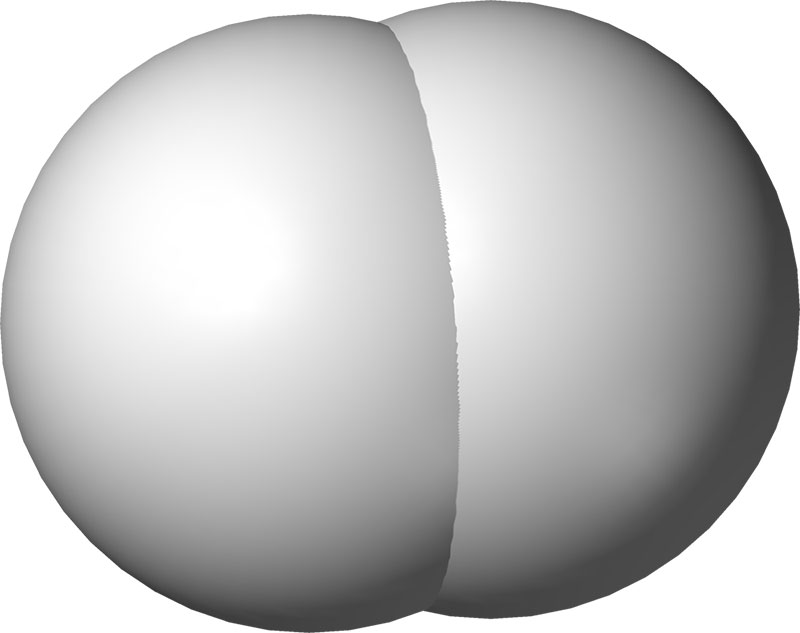
Background
Mitochondria are the major source of oxidative stress. Acute oxidative stress causes serious damage to tissues, and persistent oxidative stress is one of the causes of many common diseases, cancer and the aging process; however, there has been little success in developing an effective antioxidant with no side effect. We have reported that molecular hydrogen has potential as an effective antioxidant for medical applications [Ohsawa et al., Nat. Med. 13 (2007) 688–694].
Scope of review
We review the recent progress toward therapeutic and preventive applications of hydrogen. Since we published the first paper in Nature Medicine, effects of hydrogen have been reported in more than 38 diseases, physiological states and clinical tests in leading biological/medical journals. Based on this cumulative knowledge, the beneficial biological effects of hydrogen have been confirmed. There are several ways to intake or consume hydrogen, including inhaling hydrogen gas, drinking hydrogen-dissolved water, taking a hydrogen bath, injecting hydrogen-dissolved saline, dropping hydrogen-dissolved saline into the eyes, and increasing the production of intestinal hydrogen by bacteria. Hydrogen has many advantages for therapeutic and preventive applications, and shows not only anti-oxidative stress effects, but also has various antiinflammatory and anti-allergic effects. Preliminary clinical trials show that drinking hydrogen-dissolved water seems to improve the pathology of mitochondrial disorders.
Major conclusions: Hydrogen has biological benefits toward preventive and therapeutic applications; however, the molecular mechanisms underlying the marked effects of small amounts of hydrogen remain elusive.
General significance:
Hydrogen is a novel antioxidant with great potential for actual medical applications. This article is part of a Special Issue entitled Biochemistry of Mitochondria…
http://www.uniteourvets.com/vel
Department of Biochemistry and Cell Biology, Institute of Development and Aging Sciences, Graduate School of Medicine, Nippon Medical School, 1-396, Kosugi-machi, Nakahara-ku, Kawasaki-city, Kanagawa-pref. 211-8533, Japan



